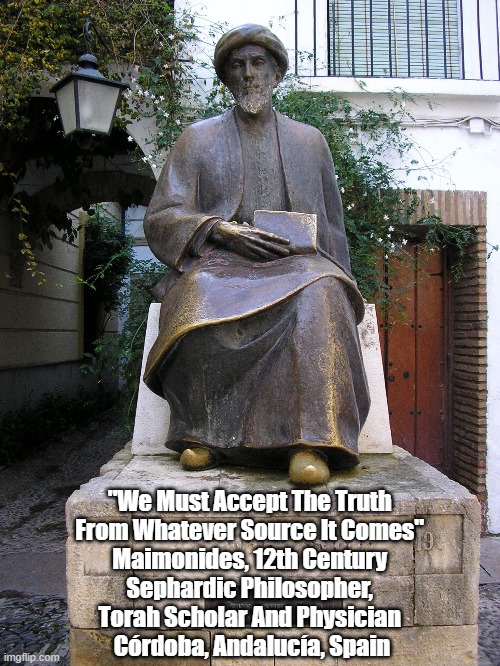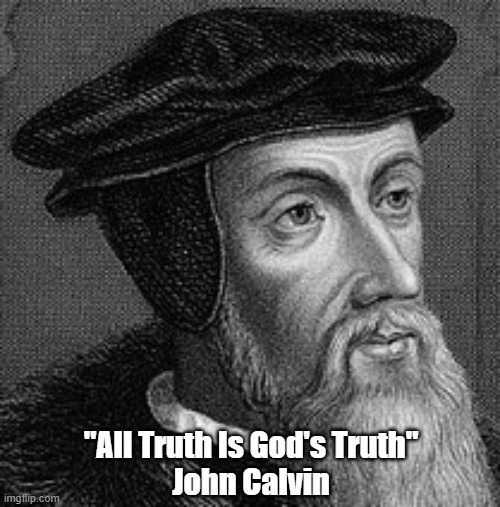Neil DeGrasse Tyson: "Religion Ignores Evidence" -- What Are The Implications Of This Ignorance For Science And For Our Best Efforts To Interpret Reality As Our Senses Perceive It
Neil Degrasse Tyson is not against religion.
Rather, Tyson recognizes the irreducible, unknowable mysteriousness of Universe.
He also believes - based on the evidence - that religion (at least in its "conservative" "Christian" forms) is "against evidence." https://www.youtube.com/watch?v=ANZTjzcaoVc
Of course, Tyson makes you think.
And since thinking is simultaneously exhilarating and tiring, you might wisely prepare yourself for exhaustion.
Notably (and perhaps by way of contributory insight) French paleontologist and cosmologist, Teilhard de Chardin SJ, observed that "Research is adoration."
Rev. Pierre Teilhard De Chardin SJ: "Research Is Adoration"
Whether you are "religious" or not, you can only "do the right thing" by being honest.
And you can only be honest if you revere -- and actively pursue -- Truth.
Even in the New Testament, Yeshua lets us know that he (the acclaimed "son of God") is The Way, The Truth, and The Life.
John Calvin asserts: "As truth is most precious, so all men confess it to be so. And yet, since God alone is the source of all good, you must not doubt, that whatever truth you anywhere meet with, proceeds from Him, unless you would be doubly ungrateful to Him."
Maimonides chimes in: "You must accept the truth from whatever source it comes." (In conversation with our new governor, I learned that Josh did his "major paper" at Harvard's School of Government on Maimonides.)
It is also "true" that in your own personal life, you can choose to believe whatever you want.
You can even proclaim that your beliefs coincide -- every jot and tittle -- with God's Truth.
But you cannot -- with valid, incontrovertible evidence -- prove that your religious beliefs are true for everyone, and therefore the Founding Fathers created the First Amendment so that every American is guaranteed the right to profess -- privately and/or publicly -- whatever they want, but they cannot establish a religion.
Scientific knowledge and religious faith are two different things.
That's why we call faith, faith.
And that's why evidence-based science (deriving from the Latin word for "Truth") is called science.
Whenever the twain happens to meet, the conjunction of truth and faith is coincidental, not fundamental.




No comments:
Post a Comment